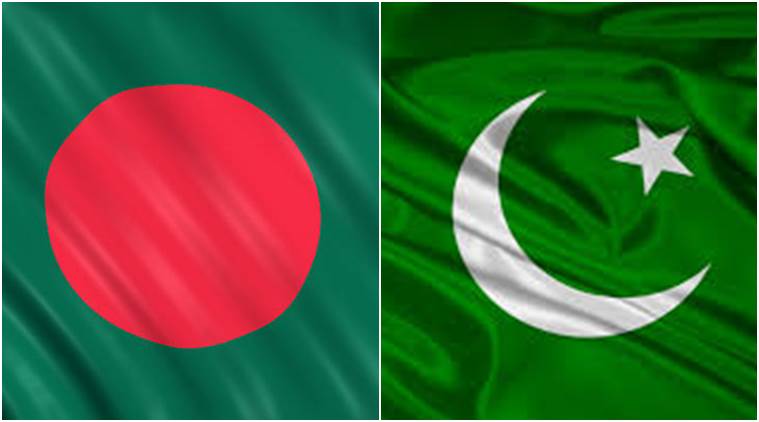New Delhi: The liberation of Bangladesh was one of the most important moments in modern military history. The surrender of 93,000 strong Pakistani troops to the India army was the biggest military surrender post-World War II. The resentment of the Bangladeshi population (East Bengal) then, didn’t culminate in a day. The Sunday Guardian tries to trace how West Pakistani Punjabi elites left the East Pakistani population orphan between 1947-1971, exploited the resources which culminated in the anger that resulted in the 1971 civil war and liberation.
As per a recent report published by the Wilson Center, since the partition in 1947 and 1970, East Pakistan (which is now Bangladesh) received roughly 20-25% of Pakistan’s total industrial, manufacturing investments and about 20% of its imports, while it produced 55-60% of the exports of Pakistan between the period of 1947-1970. Its population was more than 60% of Pakistan’s then total population.
Talking to The Sunday Guardian, Mahendra Thakur, an associate professor in New Delhi’s Jawaharlal Nehru University, said: “The Punjabi elites of West Pakistani always believed that the Bangladeshis are ethnically and culturally inferior; since 1947, there were continuous attempts to impose Urdu as the national language of Pakistan and they didn’t care about the strong protest by the Bengali speaking population as hardly five to seven percent of the population in East Pakistan had the capacity to write and understand Urdu. This further alienated the population.” Many writers and experts believe that the inhuman response by the Pakistani government based in the west on the Bhola Cyclone that hit Bangladesh in late 1970 and resulted in the killing of more than 200,000 people also increased the anger, as despite having more resources at their disposal, West Pakistan offered a sluggish response to the disaster.
Talking to The Sunday Guardian, a senior retired official from India who had worked in that region during the 1971 war, said, “The catalyst factor for the liberation of Bangladesh was the elections of 1971, it was the first general elections since the country gained Independence in 1971. Like other Pakistani leaders before him, West Pakistan’s chief martial law administrator and president, General Agha Mohammad Yahya Khan, placed limits on the freedoms of voters. This practice of ‘Basic Democracy’ had been used in the past to provide the appearance of democracy while still leaving the military in true control. In the polls, 138 seats would go to West Pakistan representatives and 162 to the more populous East Pakistan. While West Pakistan’s votes were split between different parties, an overwhelming majority of votes in East Pakistan went to the Awami League led by Sheikh Mujibur Rahman, who campaigned on a platform of Bengali autonomy.” He added, “The best description of the 1947-1970 period was summarized by the French journalist Paul Dreyfus who wrote, over the years, West Pakistan behaved like a poorly raised, egotistical guest, devouring the best dishes and leaving nothing but scraps and leftovers for East Pakistan.”
The Punjabi military elites delayed calling the first meeting of the assembly and in place, instituted martial law that forced Mujibur to announce civil disobedience movement in front of a crowd of 50,000 on 7 March 1971 and ask for help from India. A last ditch effort to avert war occurred in Dhaka, the capital of East Pakistan, from 16 to 24 March. Mujibur and Khan met, discussed the issues, and seemingly reached an agreement—but on the night of 25 March, Mujibur was arrested and 60,000-80,000 West Pakistani soldiers, who had been infiltrating East Pakistan for several months, began what would be known as Operation Searchlight.
It has been reported that three million people were killed by the west Pakistani army during the liberation movement, while recent reports and cables published by the US Central Intelligence Agency gave a conservative estimate of 200,000 Bangladeshis murdered. It had forced India to come to the aid of the sufferers and the rest is history.
‘East Pakistan was treated as an orphan by Punjabi Pakistani elite’
- Advertisement -

